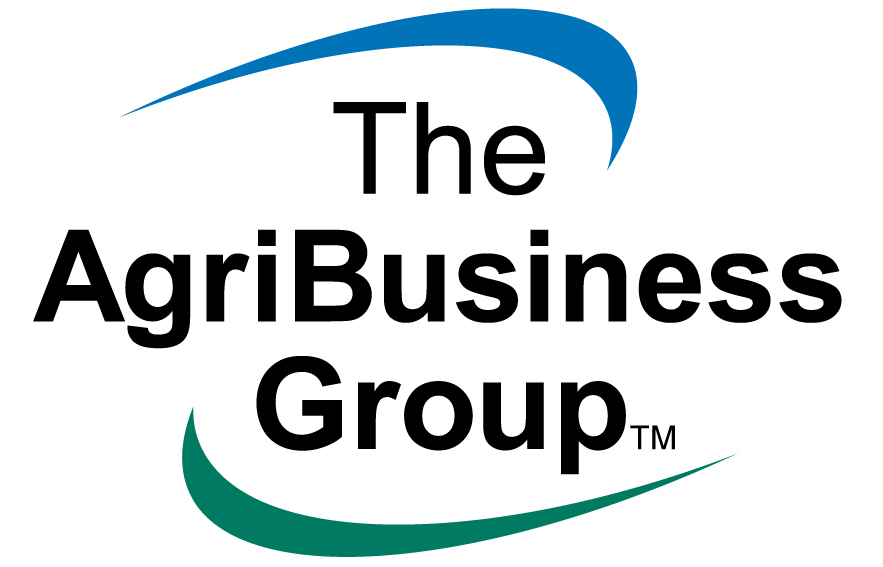Accelerating New Zealand's agriculture sector post Covid-19
The global pandemic is an excellent opportunity to highlight New Zealand's commitment to good quality produce with a high environmental standard. Stuart Ford's think piece about new digital proof requirements that can accelerate our economic advantage.
Now that we just left level 4, everyone is talking about how we will be doing things differently post Covid-19. For the agriculture sector, we are reconsidering how to structure our export trade, for instance. It is hard to change the markets that we have developed over a long time but I believe now is the right time to take our exports into the new world of digital proof of the sustainability, quality and safety information of our produce. The time is right for the government to lead us into this new way of trading. The opportunity that is presented by Covid-19 is to accelerate what is predicted to happen over the next ten to fifteen years anyway, but make it happen much quicker to our economic advantage.
We have been through these sorts of shocks before like the global financial crisis in 2007/08, or the spread of SARS virus which revealed a food safety failure. We have always recovered from them, led by New Zealand’s excellent performance of the primary industries. Unlike previous crises, the current virus spreads incredibly fast across the globe, the death rate is high, and our only way of protecting ourselves is personal hygiene and physical distancing while we wait for a vaccine. These three factors will force us to re-evaluate some of the things that we took for granted and, in New Zealand’s case, took considerable economic advantage of, like the ease and the globalisation of free trade and international travel.
Throughout our work and research with the industry, we found that the vast majority of New Zealand’s exported primary industry produce received product prices that were at the upper end of the international product price range. The reasons for this status were myriad, but one of the key factors was the exceptional quality of our products. New Zealand’s role is not to feed the world but to supply those customers with high social and environmental standards. The current global pandemic may change the relationship people have with their food as accessibility and availability suddenly became an issue. People will be reconsidering how they can ensure access to locally and sustainably produced products with high nutritional value and health benefits from a trusted source. Good quality, short supply chains and potentially a delivery option may be more important than ever.
In a recent webinar Ian Proudfoot, the global head of AgriBusiness at KPMG, gave his opinion on the major trends in food and fiber in a world emerging from Covid-19. He made some interesting points which included the fact that the awareness of food and its importance in our lives is greater today than it has been in decades. Food availability is not taken for granted anymore, and food security will again be a priority for governments. Border controls will constrain access to foreign labour and social isolation has rapidly accelerated the uptake of digital solutions and the use of direct to consumer supply chains.
I, for one, have connected with an excellent and very high-quality fruit and vegetable supplier that I can order from and pay for online, at a price point much lower than what I would pay for at the shops. The produce are deliverd to my door which means I can avoid going to the supermarket (always a win in my mind). What’s not to like about that?? Though we have left level 4 now, I am not intending of going back to my usual shopping routine and I think that many consumers around New Zealand will have adopted new methods of purchasing which they would be reluctant to let go of.
New Zealand’s primary industries are in a fantastic position to take advantage of the new consumers' requirements. I am very confident that New Zealand's produce is amongst the highest in the world in terms of quality and safety. Many of our producers are partially or even wholly there in meeting the markets' new digital proof requirements. That means that to meet the post Covid-19 consumers demands, we need to go digital in order to prove these facts and to take advantage of the product's high quality. Information such as the safety requirements, quality standards and environmental commitments should be at the consumers' fingertips when they search for suppliers or scan a product code at the supermarket.
You may think that this is a big ask of the primary industries, but I believe that for us to make our case for the foreign markets access, this requirement will give New Zealand preferential supplier status. That is why the government should take the lead in developing the digital proof capability across the whole of our primary industries to ensure a common approach can be easily communicated and maintains the country's reputation.
Author: Stuart Ford







